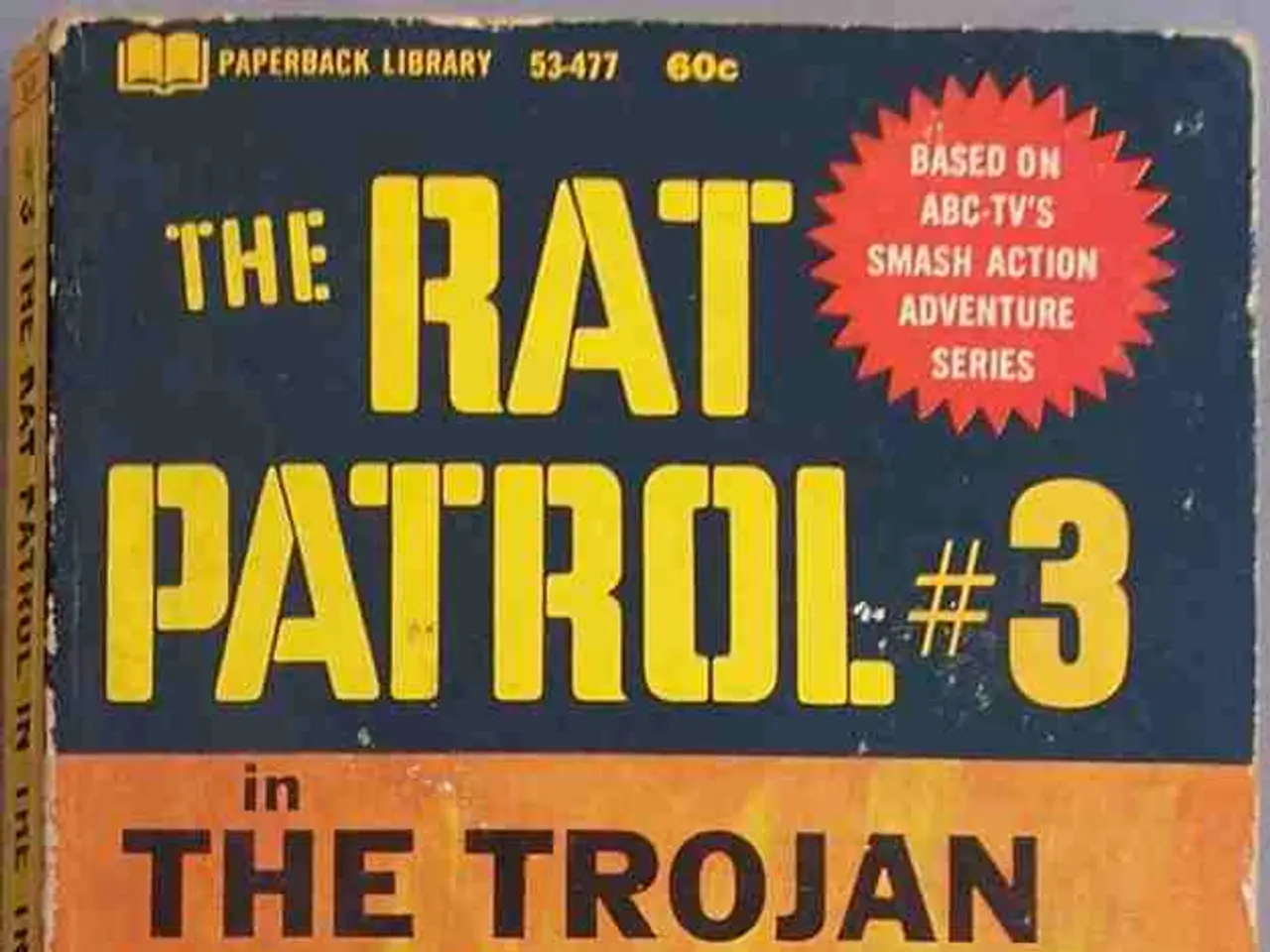Conflict in Ukraine: Geopolitical expert Thomas Friang remarks that we have reached a critical juncture following discussions with Trump, Zelensky, and European leaders.
In the ongoing quest for a lasting peace in Ukraine, the focus has shifted towards crafting practical and enforceable security guarantees for the country. These guarantees, separate from NATO membership, aim to secure Ukraine's long-term security and facilitate a negotiated settlement while accommodating Russian demands.
The concept of security guarantees extends beyond Ukraine's borders, encompassing a security issue for all of Europe. The negotiations, which have made significant progress, involve key elements such as establishing an "Article 5-like" collective security arrangement, developing robust deterrence mechanisms, and exploring flexible coalitions of willing countries.
One of the key proposals is to create a security framework that resembles NATO's mutual defense pledge but operates independently of NATO structures. European allies have suggested this framework, although the details remain limited. The aim is to provide Ukraine with credible protection against future Russian aggression, without the political and military risks associated with full NATO membership.
Another crucial aspect is the development of clear, practical mechanisms for deterrence. These would include military support and rapid response capabilities, moving beyond diplomatic assurances that have failed in the past, such as the Budapest Memorandum.
Ukraine's status as a neutral or non-aligned state, backed by robust Western security commitments and reciprocal Russian concessions, is also being considered. This would differ from NATO membership but still aim to deter aggression through credible guarantees.
The negotiations could bear fruit and mark a significant turning point in the conflict. However, concerns remain about the risks Ukraine might face by accepting a non-NATO security framework. To address these concerns, the guarantees must include clear deterrents making any renewed aggression by Russia prohibitively costly.
The question of security guarantees is a major variable in the peace negotiations. As the talks continue, the extent of American aerial support to preserve Ukraine's airspace remains unclear. Meanwhile, reassurance forces, consisting of European, Australian, Japanese, Canadian, and American forces, are proposed to monitor a ceasefire line and provide military intelligence and coordination.
The venue for the Putin-Zelensky meeting, a crucial step in the peace process, poses a challenge due to Zelensky's arrest warrant from the International Criminal Court. Despite this, a meeting between the two leaders is likely within the next two weeks. The location, rumoured to be Alaska, is not a member of the ICC, and Trump may seek to credit himself for ending the conflict.
In the midst of these negotiations, President Zelensky's negotiating element is territorial concession, given the military imbalance. Russia, on the other hand, has a consistent position and does not consider the presence of NATO troops near Ukraine.
Trump has agreed to engage in the logic of the second curtain, but not to the extent of Article 5 support or Ukraine's accession to NATO. Instead, he has made advances in proposing security guarantees for Ukraine without it becoming a member of NATO.
As the peace negotiations progress, the Ukrainian army is supported by military intelligence and weapons, with President Zelensky having the means to buy weapons. The negotiations, if successful, could pave the way for a significant turning point in the conflict, moving from a ceasefire to discussing the terms of a peace agreement.
Read also:
- United States tariffs pose a threat to India, necessitating the recruitment of adept negotiators or strategists, similar to those who had influenced Trump's decisions.
- Weekly happenings in the German Federal Parliament (Bundestag)
- Southwest region's most popular posts, accompanied by an inquiry:
- Discussion between Putin and Trump in Alaska could potentially overshadow Ukraine's concerns




